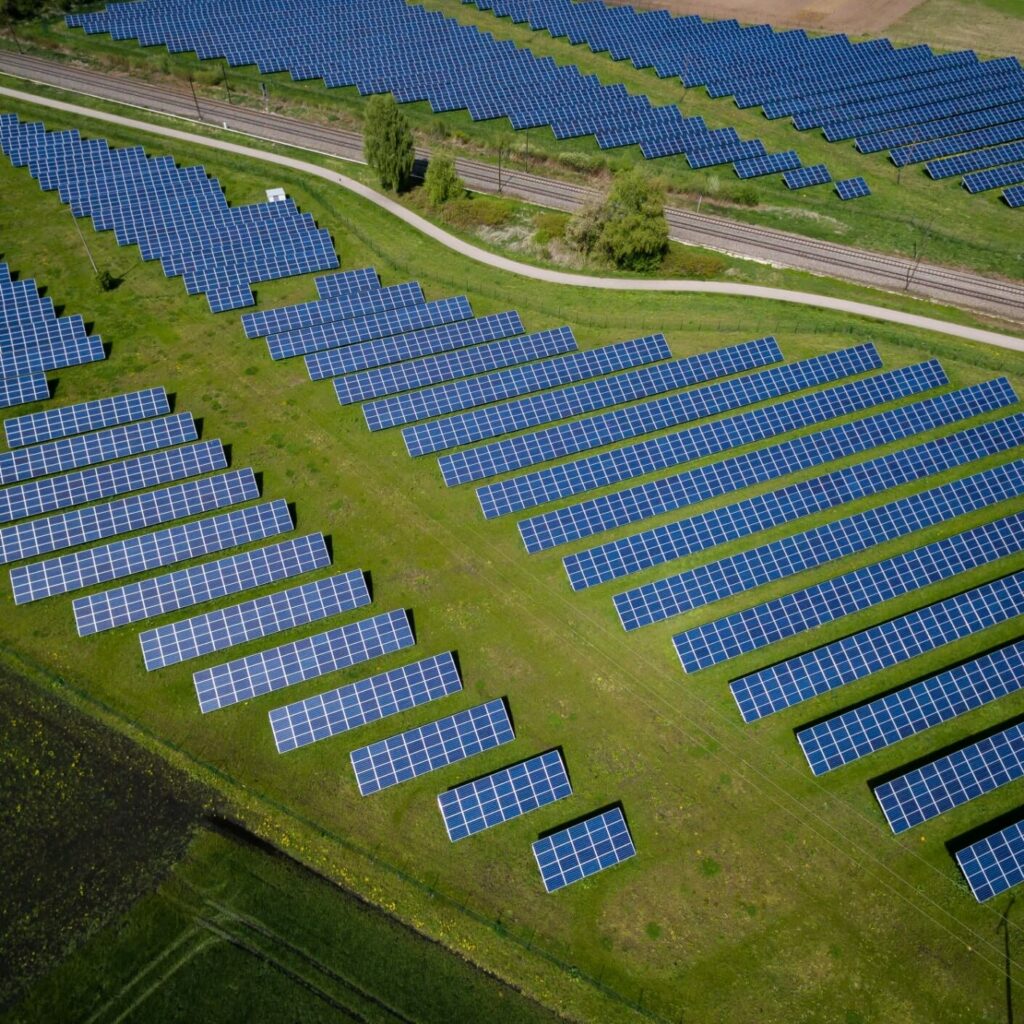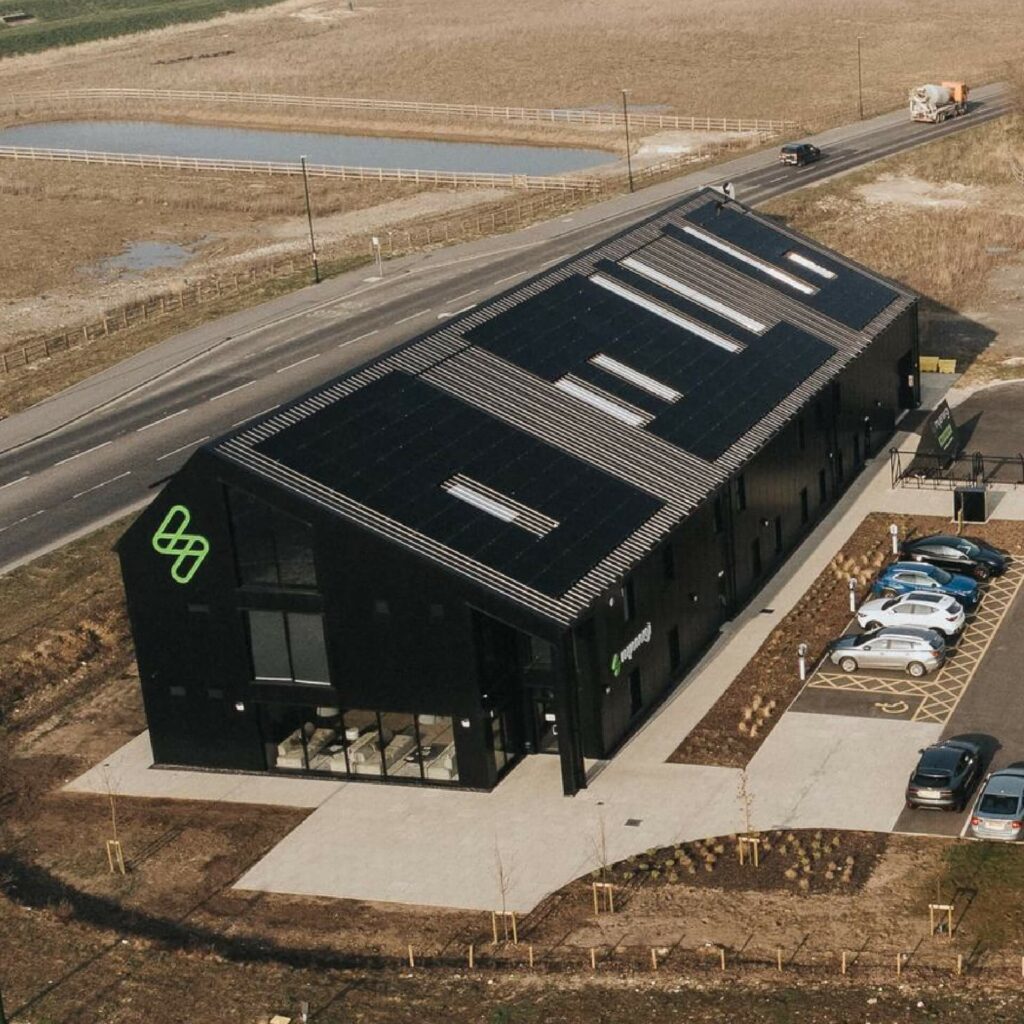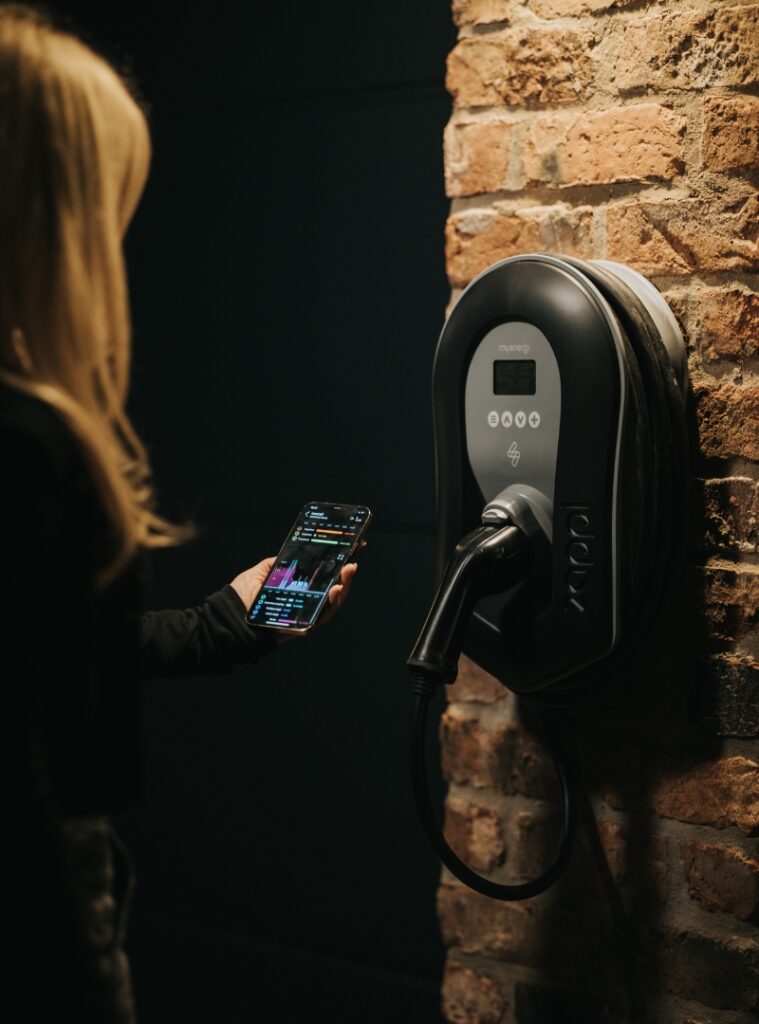How long does it take to charge an electric car with solar panels?

What is solar energy?
Solar power is the process of harnessing the energy from the sun and using solar panels to transform sunlight into electricity. Solar energy can be produced anywhere that the sun reaches and is the earth’s most obtainable source of energy.
There is a big misconception that solar panels only work on a sunny day. Photovoltaic panels ‘PV’ (solar panels) can use both direct or indirect sunlight to produce power. Although solar panels are most effective in direct sunlight, a rainy day can help clean any dirt or dust off your panels making them work more efficiently. Solar panels will still work even when the light is reflected or partially blocked by clouds.
Another misconception is that solar works from heat produced by the sun, but in fact, when panels are exposed to temperatures above 77 degrees Fahrenheit (25C), they tend to work less efficiently.
Solar panels work when 3 types of light are converted (using cells at an atomic level) into electricity. You can now find solar farms both on land and floating on water, generating power for thousands of homes and becoming more popular around the globe making appearances in France, The Netherlands, America, UK and many more countries as a source of green energy.

Cost savings for installing solar panels
An average-sized home with a 4kW solar panel system that can meet the energy needs of a family of 3 or 4, will spend approximately £6,000 – £8,000 on the PV system. If installed by an MCS certified supplier, it will save you up to £870 a year. You can expect to save roughly £270 on electricity bills annually, and together with the Smart Export Guarantee (SEG), you would reach the break-even point within 16-22 years.
In the end, though, no matter the situation, solar energy in the UK is typically worth it. Monetary benefits aside, any solar panels are worth it for protecting the environment and reducing your carbon footprint.

How do solar panels charge my car?
Light energy produced by the sun is called a photon, the most basic, fundamental particle of all light. It is these photons in natural daylight that are converted by solar panel cells to produce electricity. This small bundle of electromagnetic energy is constantly in motion. Simply put, a solar panel works by allowing photons, or particles of light, to bounce into electrons setting them free from atoms, generating a flow of electricity.
Solar panels are comprised of many, smaller parts called photovoltaic cells. (Photovoltaic, as described above simply means the conversion of sunlight into electricity.) Solar panels use the spectrum of colours we are used to seeing (visible) but also ultraviolet and infrared which cannot be seen by the human eye.

How long does it take to charge an electric car with solar panels?
The calculation to work out how long it takes to charge an electric car with solar panels depends upon the electric car itself and the voltage of the solar panels. For this example, we have taken the average car battery size which is 54kWh and the average domestic solar installation is around 4kW. A panel was this size will generate 3,400 kWh a year = 9 kWh / day.
At this calculation, it would take six 4kW solar panels to charge an electric car battery to full capacity in a day.
However, the average driver travels 37 miles per day, so it is unlikely you would need to ever charge all day or for the full day to reach maximum battery potential. 37 miles per day translates to about 12 kWh of electricity. Most solar panel systems include around 25 to 30 solar panels, meaning the actual charge time of a day would be significantly less.

